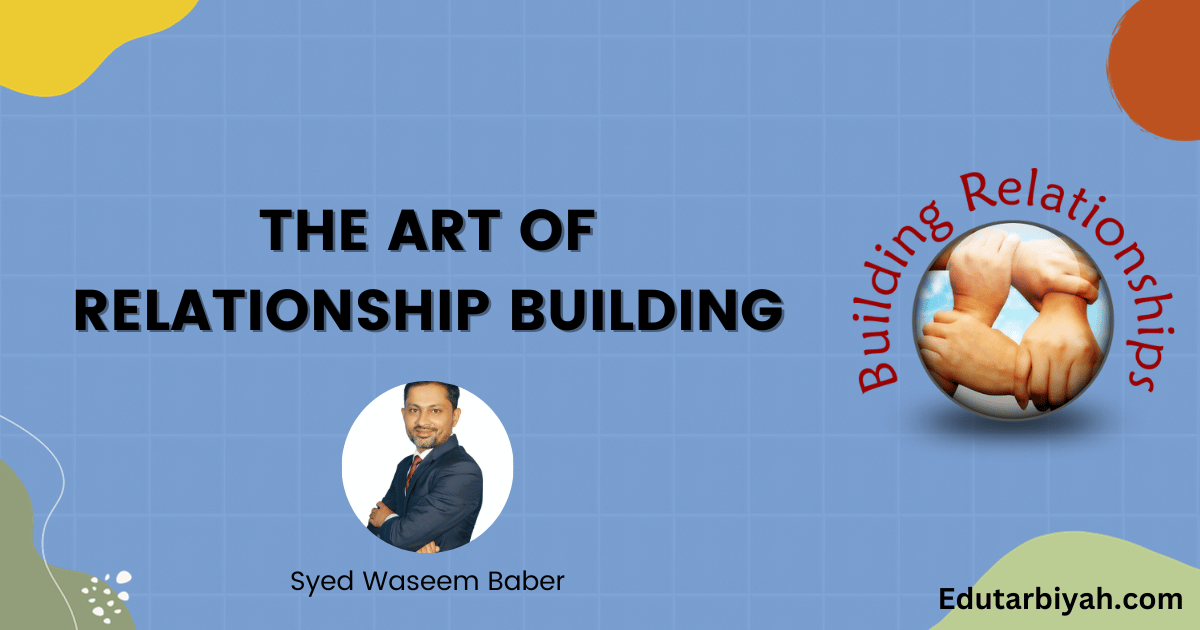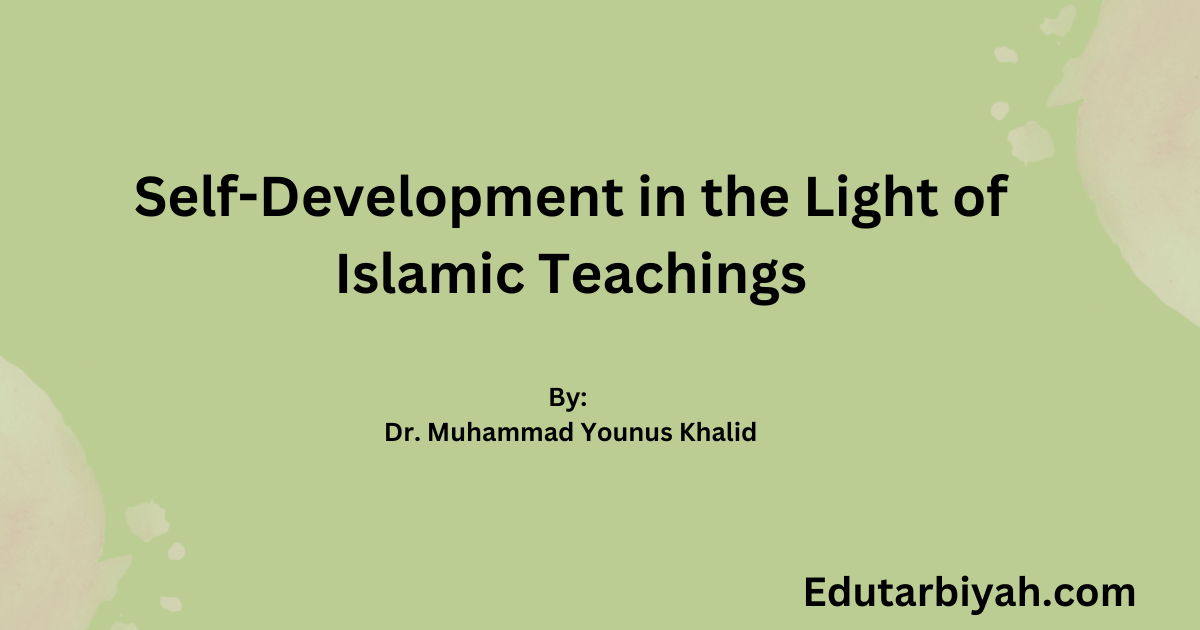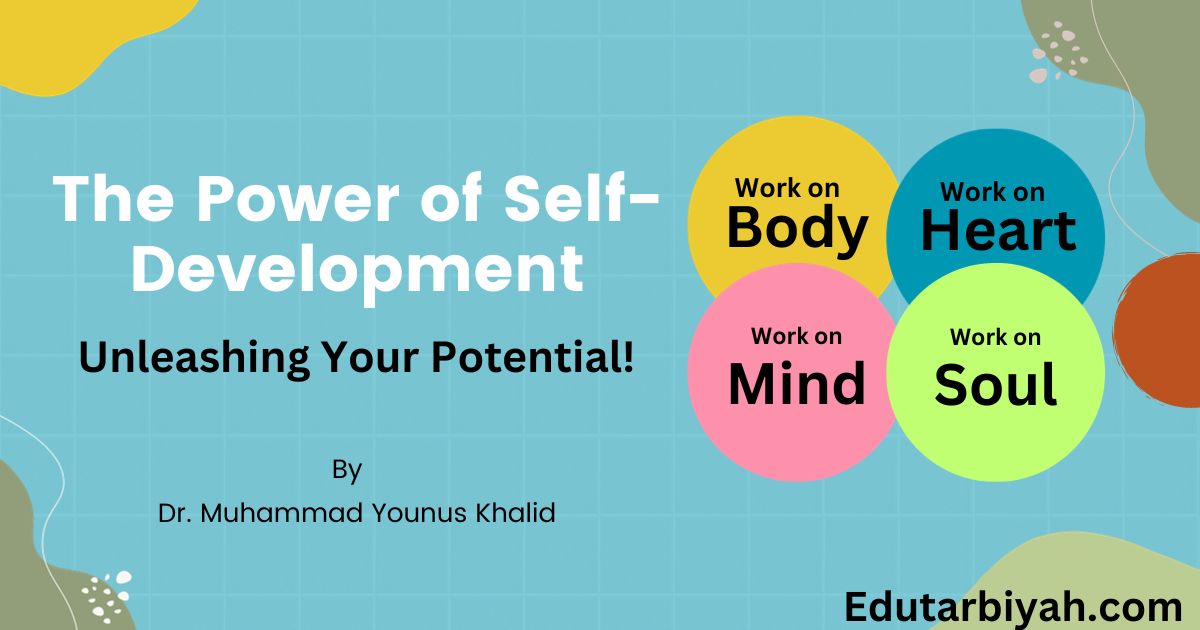THE ART OF RELATIONSHIP BUILDING

At a basic level, a relationship is a connection. The way two or more people or things are connected. This connection may form on such factors as blood, liking, belief, value, education, or work that you share. We have relationship with our parents, siblings, spouse, friends, children, colleagues, and cousins etc. But relationship building needs a foundation to be healthy. Not all relationships we have are healthy relationships. Just like we need laboratory test checks a sample of our blood, urine, or other body fluid to learn whether our body is healthy, we need to check the boundaries, communication, and trust in place to learn whether our relationships are healthy.
Indicators of a healthy relationship
There are certain indicators if you want to find out if a relationship is healthy. Some of them are:
Feelings: Do you generally feel comfortable in his/her/their presence?
Physical safety: Do you feel physically safe?
Respect: Do you enjoy privacy and space?
Freedom: Are you allowed to express your opinions and concerns, especially in the face of a disagreement or conflict?
If these indicators signal abnormality, it is time to check and redefine the foundation before things get worse.
The Foundation of building a healthy relationship
Boundaries
Boundaries refer to the limits we, as individuals, set that serve as guidelines to define what is acceptable and unacceptable behavior from others. Boundaries establish personal space that is essential for building a relationship that is healthy and respectful.
Types of boundaries
Physical
These boundaries pertain to the physical space and touch within a relationship. Each person may have different comfort levels with physical affection, and it’s important to not only communicate but also respect those limits.
Emotional
These involve understanding and respecting each other’s feelings, needs, and personal space. It means recognizing and communicating one’s emotions while also being empathetic to the emotions of the partner.
Digital
These refer to whether you are comfortable sharing passwords of your gadgets and access to your activity and chats on social media platforms. This also includes what you allow your partner to share and talk about you on social media. If you have not applied password on your phone, do you allow your partner to pick up your phone and access it without your consent?
Material
These include the limits regarding exchanging your material possessions like your stuff and money. These refer to how, how much and how many times you are willing to borrow and lend the stuff and money. These boundaries are crucial for honoring commitments. Personally, I define the condition before lending something. For example, before lending money I ask the schedule of return and wait whether the person honors it or at least informs me well on time if they are unable to meet the schedule. If a person does not show a sense of responsibility, I am less likely to lend him / her again.
Spiritual
Establishing and maintaining spiritual boundaries in relationships can be important for individuals who place a high value on their spiritual beliefs and practices. Does your partner need to have the same beliefs as you or can they be different as long as yours are respected?
Communication
Open and honest communication is the most essential ingredient in the foundation of every relationship building process. Because without communicating who you are, how you feel, what you like and what you do not, you cannot create and maintain boundaries. Instead of building a relationship that is healthy, you will end up with relationships that are fraught with problems, misunderstandings and bitter feelings. Following are the ways you can communicate to build a healthy relationship:
Speak up:
Remain open and clear about how you are feeling; if you do not understand or like something, make it clear. Do not give silent treatment in the hope that the other person will understand. Be proactive and educate the person to get the desired response. Be honest yet exercise care with your words, especially when the relationship is tense and you must have a tough conversation.
Instead of blaming statements, use I statements i.e. I feel our mobiles are personal devices. When talking about something negative, mention something positive to make it easier to digest i.e. although nothing is more valuable than friends, I feel our mobiles are personal devices and acknowledging it can create more respect for each other. In many situations, smiling when speaking can itself create a positive impression on the other person and generate a welcoming attitude.
Listening:
Listening cannot be stressed enough. It helps you access the inner world of the other person and get your message across in a way that is heard. When you listen to a person, it allows that person to listen to themselves more clearly. Once the person feels understood, they will become receptive.
Hence, to make sure that you build a relationship that is healthy, listen with your full body. Nod your head, use facial expressions to acknowledge understanding, and use words like ‘interesting, wonderful, really’ to emphasize curiosity.
Ask specific questions for clarity. For example, I want to invest into a platform for relationship building. Ask ‘What type of platform? When and where do you plan to establish that platform?’
Mindfulness:
When you are about to have an important conversation, make sure you are mindful of your and the other person’s feelings, surroundings, and timing. This way you will first calm down if you are feeling tense, wait in case you are in a group so that you can talk in private and be aware of whether you have sufficient time to talk the matter over.
Trust
Trust is the level of effort and compromises you are willing to make to build a relationship that is healthy. In order to build trust, make sure you pay attention to the following factors:
Reliability:
Would they be there when you need them? If you had to admit a family member to the hospital, would they show up for support? If your car breaks down in the middle of the road, would they arrive for help? If you are depressed, would they be available for a pep talk?
Respect:
Does your partner respect your boundaries? When you communicate something that makes you uneasy, do they behave or act in a way that signals respect?
Honesty:
Communicating your feelings openly is crucial for healthy relationship building. Does your partner make an effort to talk things through? Do you feel confused by the silent treatment from your friend? Communicating without honesty is like living with the fear that a mistake may spoil your relationship. However, when communicating openly, you are supposed to be careful about the choice or words and tone in which you deliver them.
Always remember that a relationship is a two-way street, it requires give-and-take.
The way you set boundaries for yourself, you must understand that the other person in the relationship also deserves to do the same.
The way you communicate openly and honestly to get your concerns heard, you must understand that the other person in the relationship also deserves to do the same.
The way the other person needs to make an effort to be reliable and respectful of your boundaries, you also need to make an effort for the trust to build.
Abusive relationships
In some relationships, it is found that boundaries are not respected despite being communicated multiple times. Your partner might force you to comply like shouting which is obvious disrespect. At other times they may use subtle ways to victimize like beg you, behave in ways that threaten you that they might break the relationship which is dishonesty. There will be little trust because of the disrespect and dishonesty.
These are abusive relationships that destroy your peace of mind and should be avoided. However, if these abusive relationships are close, then a minimum no compromise policy on your boundaries must be exercised and communicated to the person when necessary. Your actions, including your silence, and your words must clearly communicate that you will not compromise beyond a certain limit. This limit is relative and you must be aware of yours to avoid confusion. If a relationship cannot be healthy, it should not be tolerated as abusive.
Final Word
The foundation of building a healthy relationship works when both parties in the relationship are willing to cooperate to make it healthy. Practically, a relationship is healthy only to the extent boundaries are communicated and respected.



